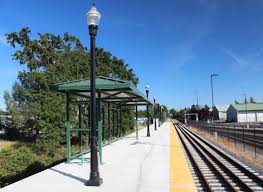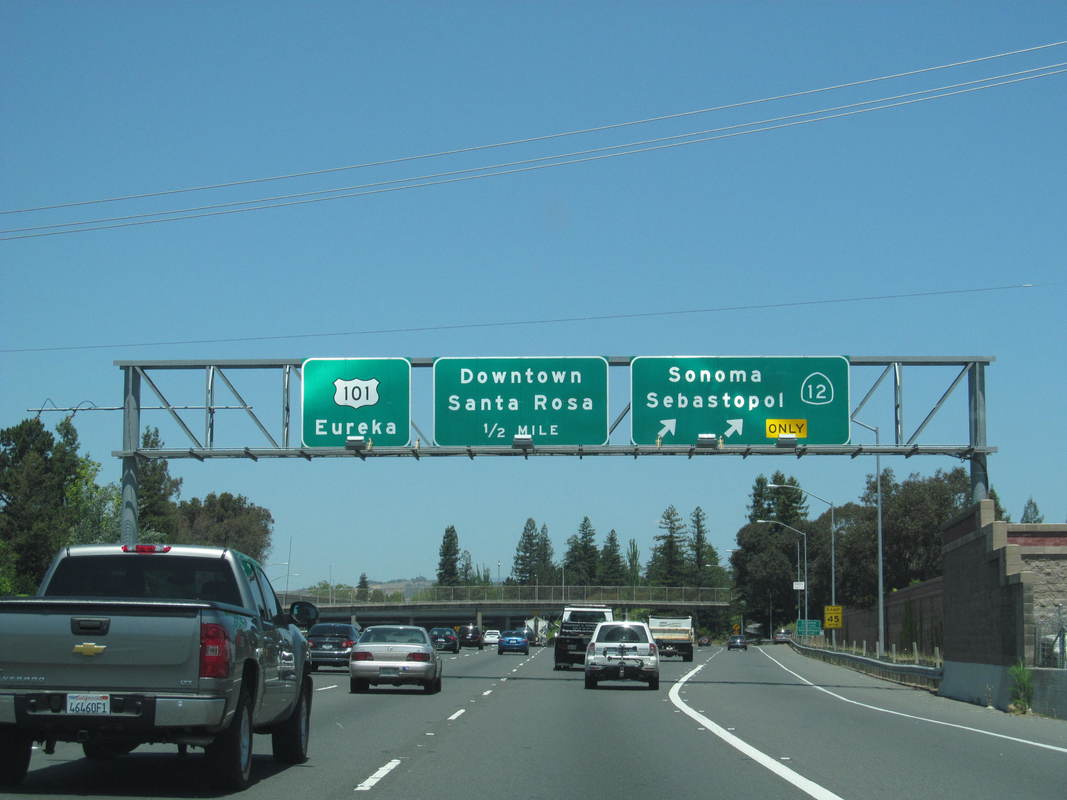General Information on Homicide Crimes
There are more crimes that fall under the umbrella of "homicide" than just murder.
"Murder," which can carry a sentence of life in prison if not execution, is defined as the "the unlawful killing of a human being or fetus with malice aforethought." ("What is "malice aforethought? It's either acting "with wanton disregard for human life," on conducting an "act that involves a high degree of probability that it will result in death.") Here in California, it can be charged either as First Degree or Second Degree. The law defines the crime as being in the first degree if (1) it is accomplished by means of a destructive device, weapon of mass destruction, armor-piercing ammunition, poison, lying in wait, or torture, (2) it is done in a way that is willful, deliberate and premeditated, or (3) the felony murder rule applies (this topic is complex and recently has changed somewhat; because of this it gets it's own blog post, coming soon.) All other forms of murder are deemed to be in the second degree.
"Manslaughter" involves the death of a person without that "malice aforethought." There are two types: voluntary and involuntary. It is deemed involuntary manslaughter if the defendant acts "with conscious disregard for human life" but without that intent to kill. (It is notable that a person can be charged with involuntary manslaughter for what they think is simply an accident. What elevates a tragic accident to involuntary manslaughter is that at the time of the incident, the defendant was engaged in (1) an unlawful act or (2) a lawful act that involves a high degree of risk of death or great bodily injury.) It is voluntary if the killing was done in the heat of passion.
All of that said, most automobile-related, criminal deaths are deemed "vehicular homicide," not involuntary homicide. A vehicular manslaughter occurs when there is a death as the result of a driver (1) driving in an unlawful way (but that does not amount to a felony), with or without gross negligence, (2) driving during the commission of a lawful act which might produce death in an unlawful manner, or (3) knowingly causes an accident for financial gain.
One special subset of vehicular homicide crimes is that DUI-related Murder, also referred to as a "Watson Murder." This crime is the result of a DUI driver killing someone under exceptional circumstances. It is common to see a prosecutor allege a prior conviction as this exceptional circumstance.
While not seen very often, assisting in a suicide is also deemed a homicide in California.
"Murder," which can carry a sentence of life in prison if not execution, is defined as the "the unlawful killing of a human being or fetus with malice aforethought." ("What is "malice aforethought? It's either acting "with wanton disregard for human life," on conducting an "act that involves a high degree of probability that it will result in death.") Here in California, it can be charged either as First Degree or Second Degree. The law defines the crime as being in the first degree if (1) it is accomplished by means of a destructive device, weapon of mass destruction, armor-piercing ammunition, poison, lying in wait, or torture, (2) it is done in a way that is willful, deliberate and premeditated, or (3) the felony murder rule applies (this topic is complex and recently has changed somewhat; because of this it gets it's own blog post, coming soon.) All other forms of murder are deemed to be in the second degree.
"Manslaughter" involves the death of a person without that "malice aforethought." There are two types: voluntary and involuntary. It is deemed involuntary manslaughter if the defendant acts "with conscious disregard for human life" but without that intent to kill. (It is notable that a person can be charged with involuntary manslaughter for what they think is simply an accident. What elevates a tragic accident to involuntary manslaughter is that at the time of the incident, the defendant was engaged in (1) an unlawful act or (2) a lawful act that involves a high degree of risk of death or great bodily injury.) It is voluntary if the killing was done in the heat of passion.
All of that said, most automobile-related, criminal deaths are deemed "vehicular homicide," not involuntary homicide. A vehicular manslaughter occurs when there is a death as the result of a driver (1) driving in an unlawful way (but that does not amount to a felony), with or without gross negligence, (2) driving during the commission of a lawful act which might produce death in an unlawful manner, or (3) knowingly causes an accident for financial gain.
One special subset of vehicular homicide crimes is that DUI-related Murder, also referred to as a "Watson Murder." This crime is the result of a DUI driver killing someone under exceptional circumstances. It is common to see a prosecutor allege a prior conviction as this exceptional circumstance.
While not seen very often, assisting in a suicide is also deemed a homicide in California.
What else you need to know
For the text of the homicide crimes, see here.
To schedule a free, no-obligation consultation with Devina Douglas feel free to call her at (707) 408-3529 or get in touch with her online here.
The Law Office of Devina Douglas
700 College Ave.
Santa Rosa, CA 95404
(P) 707.408.3529
(F) 707.948.6097
[email protected]
700 College Ave.
Santa Rosa, CA 95404
(P) 707.408.3529
(F) 707.948.6097
[email protected]





